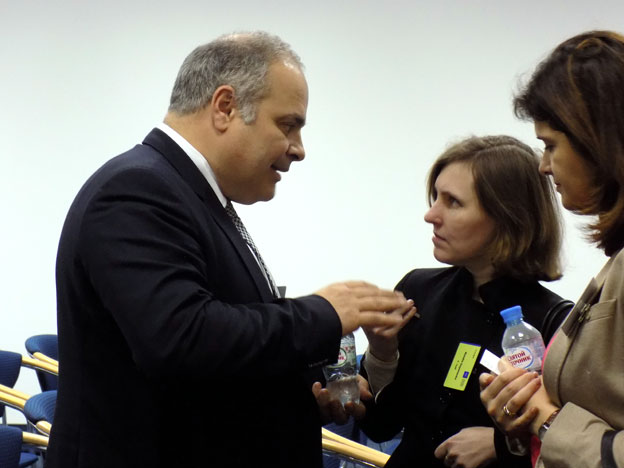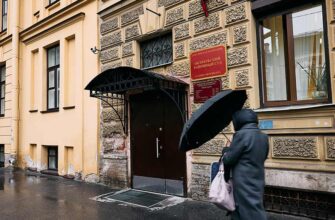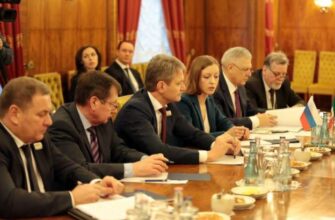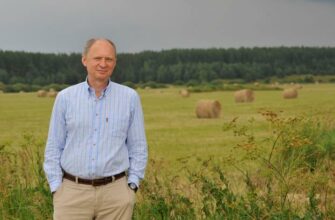In September 2016 the world’s media wrote that Bayer and Monsanto have announced the signing of a final agreement on the merger on 14 September 2016. Bayer buys Monsanto. This deal, according to media reports, will allow Bayer to create a leading company in the field of agriculture, which produces 25% of the global turnover of seeds and means of plant protection.
At the same time, there is currently no data on how this transaction will affect Russian agricultural market. In order to clarify this point, we turned to the Head of division of Bayer CropScience in Russia, Belarus and Kazakhstan, Mr. Yves Picquet.
E-Vesti: Mr. Picquet, could you, please, spare with us some details on Bayer deal for Monsanto?
Yves Picquet: Bayer made a proposal, which was approved by the shareholders of Monsanto. At the moment the transaction is subject to approval by antimonopoly authorities in different countries. Until the closure we will continue operations as two independent companies.
It is important, why Bayer made an offer to purchase Monsanto. The deal will ideally complement our business. We are confident that this will encourage innovation and will create comprehensive solutions in the field of plant protection, seed and services. Monsanto is the best partner for us because they are the highest professionals in the field of vegetable seeds, and for us this is new direction. Both from the point of view of the assortment and terms of business development, it is really good fit for our company .
E-Vesti: Mr. Picquet, how it will affect Bayer in Russia?
Yves Picquet: As for the CIS, the implementation of the transaction is really a great opportunity. Our buyers will get an offer for a wide range of vegetable seeds, which are produced by Monsanto. This product adds solutions offered by Bayer.
E-Vesti: As far as I know, Monsanto produces its seeds using genetic modification, but it is prohibited in Russia?
Yves Picquet: GMO seeds are banned in Russia and in Europe too. The ban, of course, we will not discuss. Monsanto have very strong positions in traditional seeds.
E-Vesti: Well, I had no idea that Monsanto produces not only GMO products.
Yves Picquet: Of course, this is high developed production. In Europe they are an important provider of seeds. Of course, their business is associated primarily with the development of biotechnology, but this mainly applies to America, but they have big business in Europe associated with traditional cultures. If we talk about services, then Monsanto has high-tech solutions in the field of digital agriculture that we will be able to offer to farmers.





